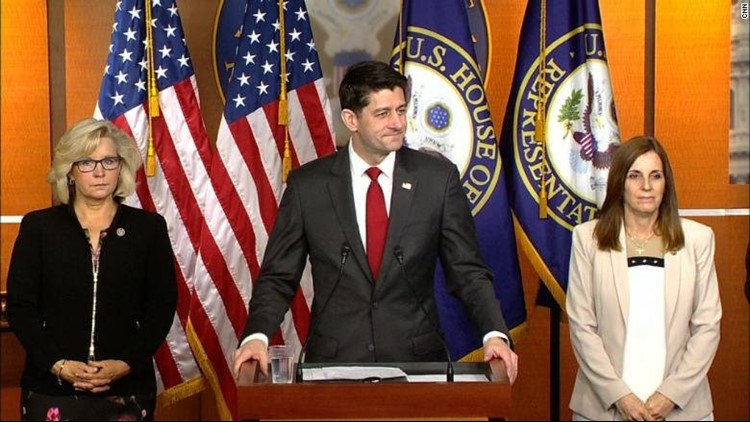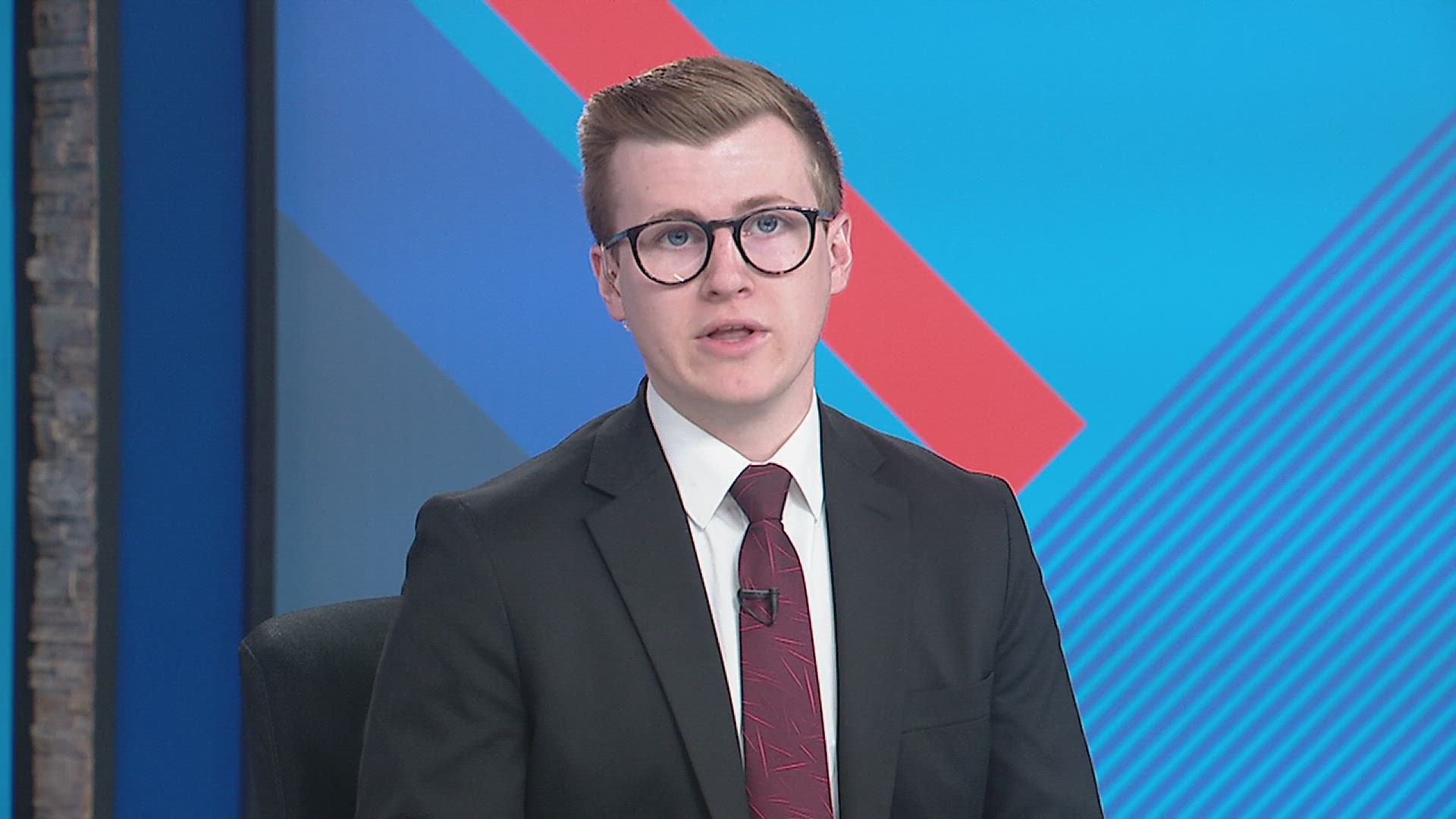(CNN) — House Speaker Paul Ryan said Thursday morning he believes he has enough votes in the House to pass the bipartisan spending deal reached in the Senate, which would significantly raise domestic and defense spending and avert a government shutdown.
“I think we will. I feel good,” Ryan, a Wisconsin Republican, said in an interview on Hugh Hewitt’s radio show, ahead of the vote on the bill in the Senate and the House.
The colossal bill, which lawmakers had been negotiating for months but a deal for which seemed out of reach until just this week, would be a game changing piece of legislation, clearing the decks for Congress in addressing major spending issues, as well as hiking the debt ceiling and doling out disaster relief money. The plan, however, does not address the high-profile issue of immigration, a key sticking point for many Democrats, but does increase spending caps by $300 billion for the Pentagon and domestic priorities, a crucial incentive for getting enough votes from both parties.
The proposal also represents a sharp change in tone for Republicans who under President Barack Obama railed strongly for fiscal austerity and warned about a ballooning national debt, and are now in effect removing barriers to spending previously put in place in part by leaders from their own party.
The Senate is expected to pass the deal later Thursday, sending it back to the House. As of Thursday afternoon, it’s not clear if there are enough Republican votes to pass it in the House, meaning some Democrats would have to vote for it to reach a simple majority, a fact Ryan alluded to.
“Part of it depends on the Democrats. This is a bipartisan bill. It’s going to need bipartisan support,” Ryan said. “We are going to deliver our share of support. I feel very good about Republicans.”
The Senate took a key procedural step Thursday just after noon in which the House bill passed earlier this week failed to gather the 60 votes it needed to advance. The Senate is expected to vote to send the full deal back to the House later Thursday.
Key question: How many House Democrats will vote for the plan?
Some House Democrats, including Minority Leader Nancy Pelosi, plan to vote no on the bill because it doesn’t include a permanent solution for the Deferred Action for Childhood Arrivals immigration program.
“I know that there is a real commitment to solving the DACA challenge in both political parties. That’s a commitment that I share,” Ryan said during a news conference Thursday on Capitol Hill. “To anyone who doubts my intention to solve this problem and bring up a DACA and immigration reform bill: do not.”
But the House speaker argued that Congress must first pass the budget agreement to shift their focus to immigration reform as a separate legislative fight.
Ryan committed to bringing a DACA solution to the House floor, “one that the President will sign.”
Pelosi for her part is not whipping her fellow Democrats in the House to vote against the bill, saying at her own news conference earlier, “I am just telling people why I am voting the way I am voting.”
Many Democrats are outraged that the spending deal would give away leverage on immigration issues, as it’s not clear if a DACA solution would advance without firmer commitments from GOP leaders.
“Anyone who votes for the Senate budget deal is colluding with this President and this Administration to deport Dreamers,” said Rep. Luis Gutiérrez, an Illinois Democrat and fierce advocate for DACA recipients, in a statement. “It is as simple as that.”
What’s in the bill?
The massive two-year budget deal proposed by Senate leaders Wednesday would raise budget caps by $300 billion in the next two years, increases the debt ceiling and offer up more than $80 billion in disaster relief for hurricane-ravaged Texas, Florida and Puerto Rico.
About $160 billion would go to the Pentagon and about $128 billion to non-defense programs.
“Our members who are focused on the military are very happy where we landed with that,” Ryan told Hewitt on his radio show in reference to the defense spending caps.
The debt ceiling will be raised by the appropriate amount until March 2019.
Exact spending would be left to the appropriations committees, but included in the funding is $10 billion to invest in infrastructure, $2.9 billion for child care and $3 billion to combat opioid and substance abuse.
The bill also keeps the government running until late March. Funding for the federal government is set to run out Thursday night at midnight, though congressional leaders in both parties have said they don’t expect a shutdown.



